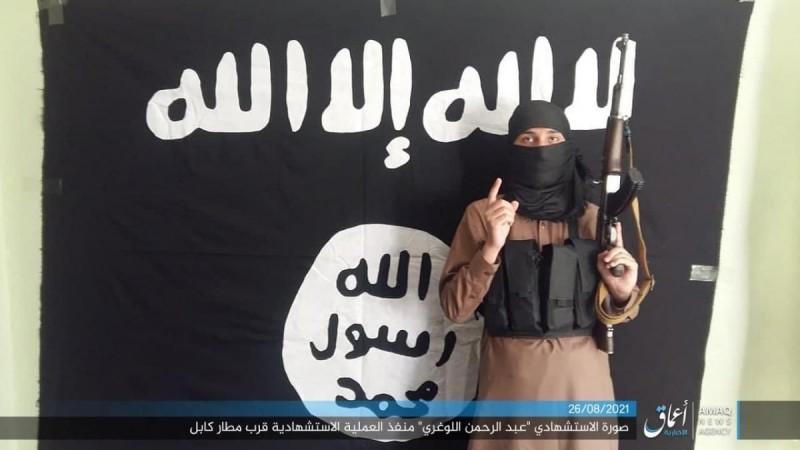The very least that was expected of Taliban or its allies was an attack on the US-controlled Kabul airport, its officers or troops. Not because an iota of humanity can be attributed to the organisation or the ethics to stick to the US-Taliban peace deal but because of an expected fear of amplified retaliation.
![[Representational image] Photo taken with mobile phone shows smoke rises near the blast site at an airport in Kabul, Kabul bombings](https://data1.ibtimes.co.in/en/full/764755/kabul-bombings.jpg?w=569&h=427&l=50&t=40)
The devastating bombings at the Kabul Airport on Thursday, which killed at least 90 people (including 13 US service members) have spotlighted IS-K, an organised terrorist group with ties to the Taliban and Haqqani Network.
Amrullah Saleh, who has declared himself acting President of Afghanistan, has said that the Islamic State-Khorasan (IS-K) has its roots in Taliban and the Haqqani Network, said a report by the IANS. "Everyday evidence we have in hand, shows that IS-K cells have their roots in Talibs & Haqqani Network particularly the ones operating in Kabul. Talibs denying links with IS is identical/similar to denial of Pakistan on Quetta Shura. Talibs have learned very well from the master," Saleh said in a tweet.
It was further reported that a Taliban official claimed that at least 28 of the Afghans killed in Thursday's attacks were Taliban members.
Following the blasts, evacuation of civilians has been accelerated further, a Western security official told a global news wire, adding that flights are taking off regularly.
While the claims are being verified independently, in the meanwhile, US President Joe Biden has sworn revenge on the attackers saying he would, "hunt them down."

What is the Haqqani Network?
The Haqqani Network, as per reports and statements given by officials, functions like an organised crime family. It has been blamed for the kidnapping of several Americans as part of a wide-ranging kidnap-for-ransom business, it was reported in the NBC News.
Haqqani Network, labelled as the terrorist organisation by the US since 2012, is believed to have close ties to Al-Qaeda. As per key findings by the Institute for the Study of War, this network maintains, "safe haven in North Waziristan, Pakistan, across Afghanistan's south eastern border. The Pakistani Army has consistently refused to launch a military operation in North Waziristan despite the presence of al-Qaeda senior leadership."
IS-K and its motives and acronyms
The group, essentially defined as The Islamic State Khorasan Province, derives its name from a region of antiquity. It is functional and known through several acronyms such as ISIS-K, ISKP and even ISK.
Since several Talibs were also a part of the casualties, it is believed that the extremist IS group has also battled the Taliban. IS-K views Taliban as traitorous and spineless for agreeing to a peace-deal with the United States.
The statement issued by IS-K following the blasts, also carried a photo of the militant who carried out the attack. The image shows the alleged suicide attacker even though only his eyes are visible from the black cloth covering the entire face. In the pictures that have gone viral, attacker can be seen standing with the explosive belt in front of the black IS-flag.
Not the first terrorist attack
IS-Khorasan Province has carried out dozens of attacks across Afghanistan in the past six years. Though the claims are yet to be verified, reportedly, they have fallen out with the Taliban and the two are considered rivals. Most of the attacks carried out by the group have been in market places, targeting civilians and unfortunately some have even been carried out at places like schools and hospitals.










